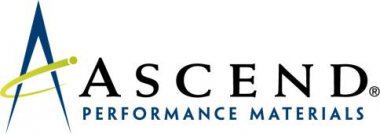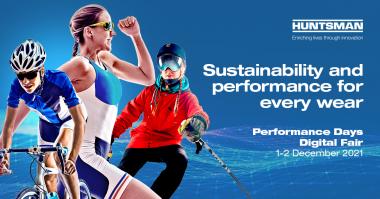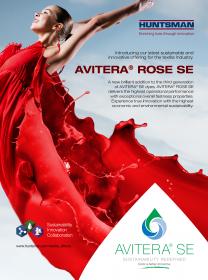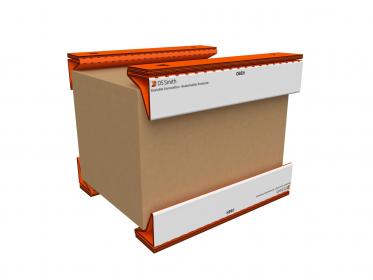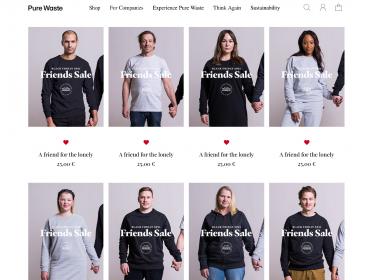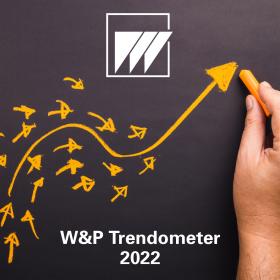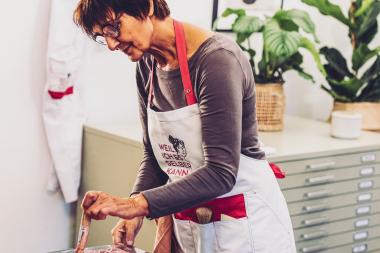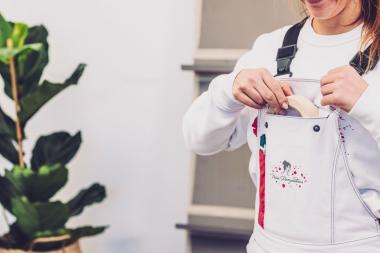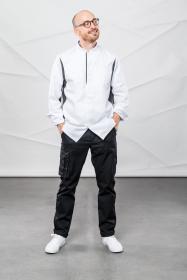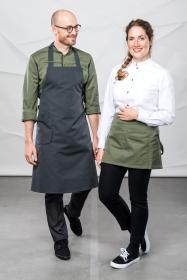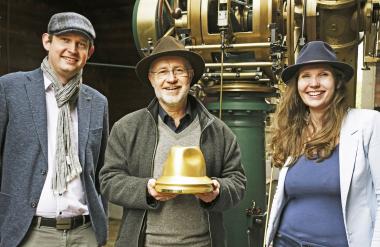DNFI: Microplastic pollution is a global challenge
Microplastic pollution is a global challenge across many industries and sectors – one of critical importance being textiles.
A 2021 study by the California Ocean Science Trust and a group of interdisciplinary scientists acknowledges that microfibres from textiles are among the most common microplastic materials found in the marine environment. Every time synthetic clothes are manufactured, worn, washed, or disposed of, they release microplastics into terrestrial and marine environments, including human food chains. Synthetic fibres represent over two-thirds (69%) of all materials used in textiles, a proportion that is expected to rise to 73% by 2030. The production of synthetic fibres has fuelled a 40-year trend of increased per capita clothing consumption.
Global textile consumption has become:
- more reliant on non-renewable resources,
- less biodegradable, and
- increasingly prone to releasing microplastics.
The increased consumption is also discretionary, driven by consumer desire and remains unchecked. Thus, the long-term trend in the textile industry parallels the intentional addition of microplastics to products such as cosmetics. The contrast is that the European Chemicals Agency (ECHA) has recommended such intentional additions be restricted, whereas the over-consumption of synthetic fibres continues unchecked. One way for the EU to account for and mitigate microplastic pollution is through an EU-backed methodology measuring and reporting microplastic emissions, so that consumers and procurement officers have the information needed to minimise microplastic pollution resulting from their purchasing decisions.
There is a critical opportunity to address microplastic pollution in the fashion textile industry through the EU Product Environmental Footprint (PEF) methodology. To meet the environmental objectives of the Circular Economy Action Plan, the EU is proposing that companies substantiate their products’ environmental credentials using this harmonised methodology. However, microplastic pollution is not accounted for in the PEF methodology. This omission has the effect of assigning a zero score to microplastic pollution and would undermine the efforts of the European Green Deal, which aim “to address the unintentional release of microplastics in the environment.”
The incorporation of microplastic pollution as an indicator would increase the legitimacy of the PEF method as well as better inform consumer purchasing decisions, especially as the European Green Deal seeks to “further develop and harmonise methods for measuring unintentionally released microplastics, especially from tyres and textiles, and delivering harmonised data on microplastics concentrations in seawater.”
Whilst we continue to learn about the damage of microplastics and there is new knowledge emerging on the toxic impacts along the food chain, there is sufficient information on the rate of microplastic leakage into the environment to implement a basic, inventory level indicator in the PEF now. This is consistent with the recommendations of a review of microplastic pollution originating from the life cycle of apparel and home textiles. There are precedents in PEF for basic level (e.g., ‘resource use, fossils’) and largely untested (e.g. land occupation and toxicity indicators) indicators, and therefore an opportunity for the EU to promote research and development in the measurement and modelling of microplastic pollution by including such emissions in the PEF methodology. For such an indicator, the long and complex supply chains of the apparel and footwear industry would be a test case with high-impact and a global reach.
DNFI / IWTO – 2021





















